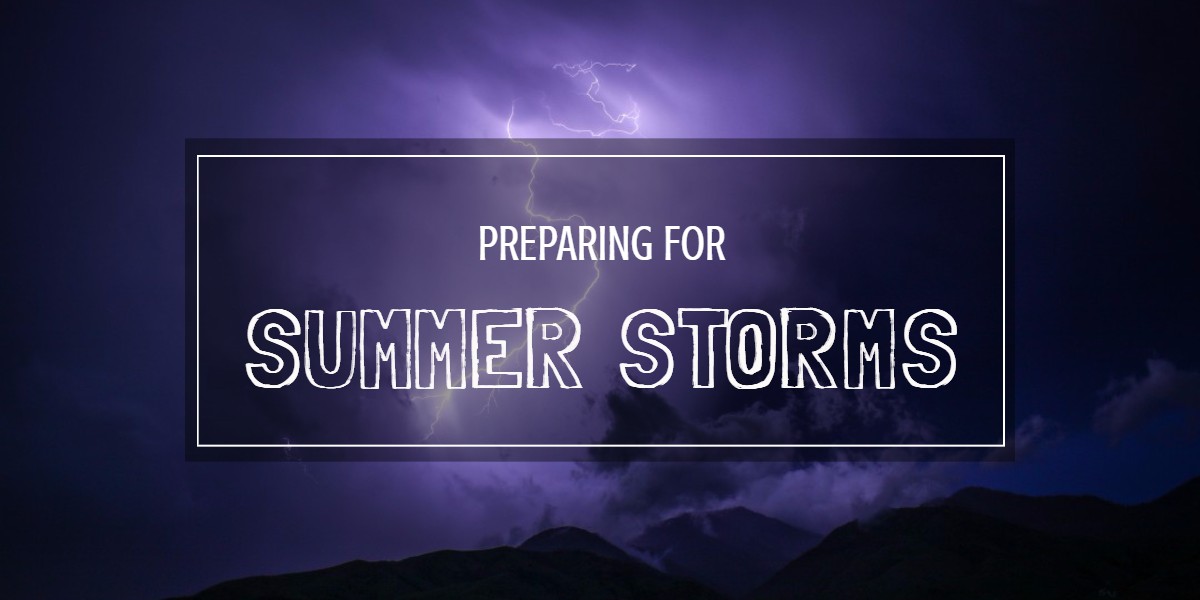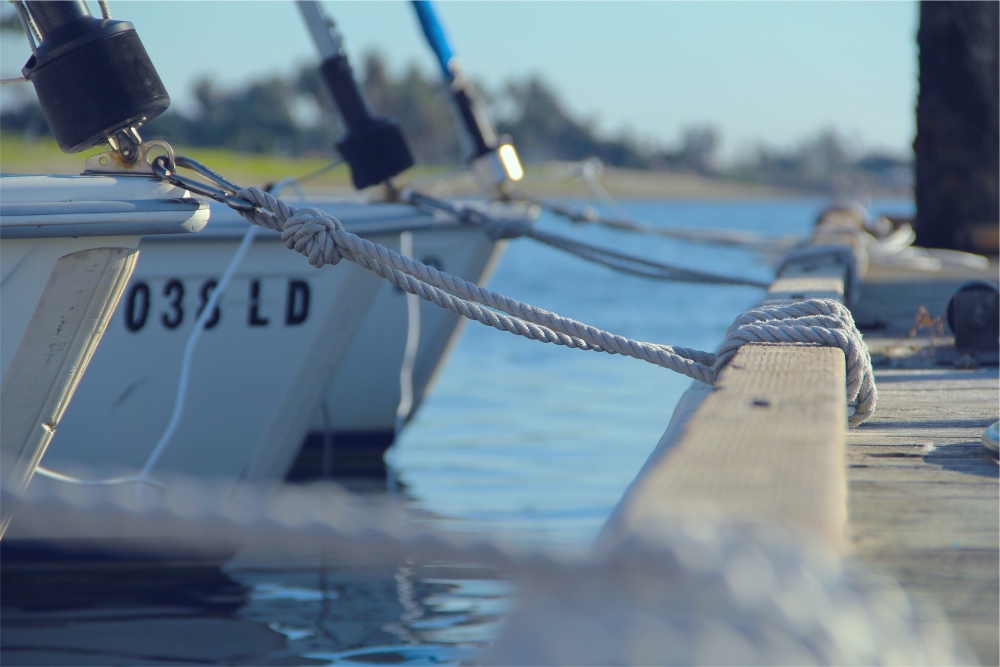
As the summer driving season begins, Hagerty® announces the ten collector vehicles with the highest levels of demand and momentum. This list includes vehicles with positive value growth and momentum in private sales transactions, quote activity and auction results. “The major trend continues to be the clear emergence of ‘Modern Classics’ from the 1980s and newer with new interest from younger buyers,” said McKeel Hagerty, CEO of Hagerty. “Our data allows us to measure the popularity of collector vehicles not just by value trends but by leading indicators like quote activity, private sales and other factors.”
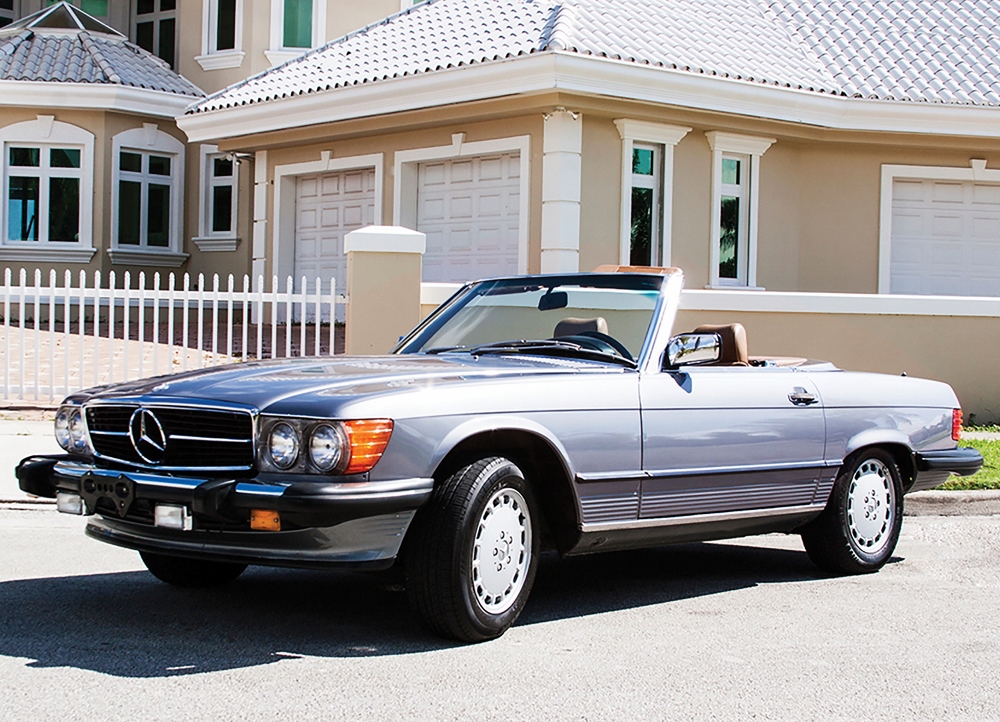 1. 1986–1989 Mercedes-Benz 560SL
1. 1986–1989 Mercedes-Benz 560SL
(1987 560SLs start at $46,300)
Many buyers remember the 560SL as an aspirational car that signaled early career success for their original owners, and the average sale price in the private market is up 22% over the last 12 months.
 2. 1973–1986 Jeep CJ-7
2. 1973–1986 Jeep CJ-7
(1983 Jeep CJ-7 Laredos start at $12,900)
Jeep and off-roading have long been an American fascination and the CJ-7 remains very popular in 4×4 clubs. The special edition packages such as the “Limited” and “Jamboree Edition” are seeing the most interest, but any flavor can deliver open-air summer fun. Quoting activity has been particularly strong, with an increase of 120% over the past 12 months, indicating rising demand among enthusiasts.
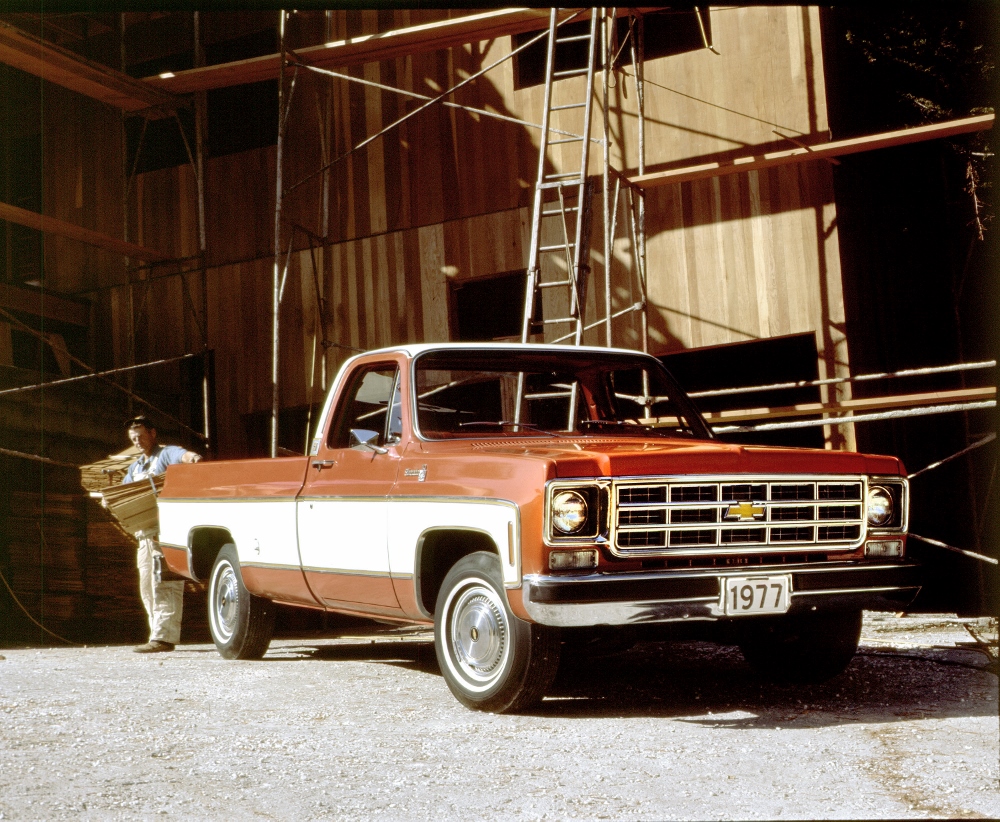 3. 1973–1987 Chevrolet C/K Series Pickup
3. 1973–1987 Chevrolet C/K Series Pickup
(1973 C10s start at $12,200)
Pickups have been one of the fastest growing segments for the past five years. This is the first time this generation of Chevrolet pickup has outpaced the highly-sought-after 1967–1972 models. Ratings for this era of are being driven via the private sector, with a 9.5% increase in the number offered privately, an 11% rise in average sale price, and more than 38% of the cars selling privately doing so for amounts above their insured values.
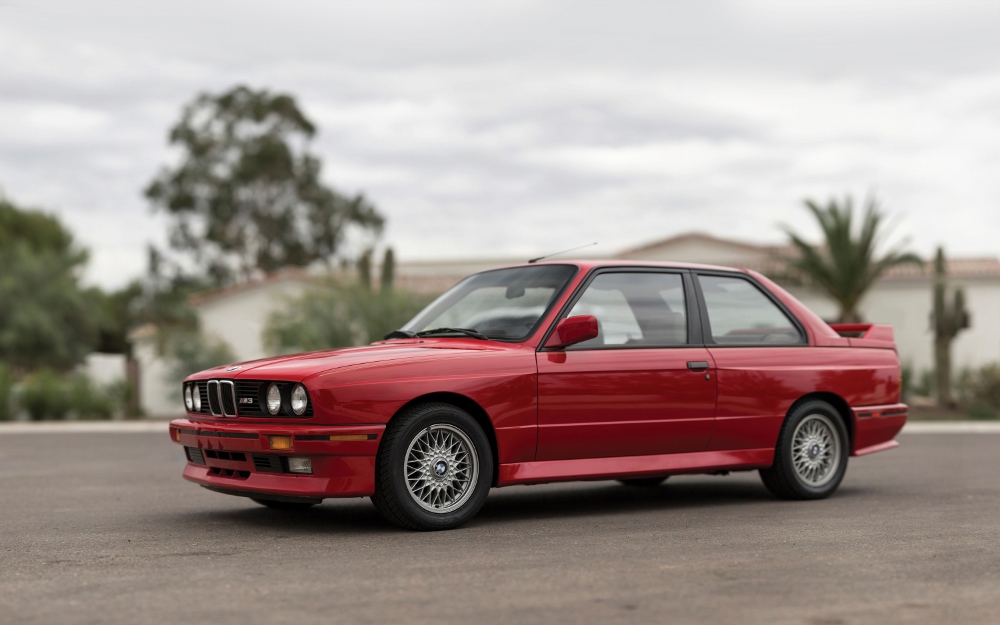 4. 1986–1992 BMW M3
4. 1986–1992 BMW M3
(1990 M3s start at $76,100)
To many, the E30 M3 is the purest sports car from the 1980s. If this is a car you’ve always wanted you probably shouldn’t wait much longer as values are only going one direction. Up. Values published in Hagerty Price Guide have increased 86% over the last 8 months.
 5. 1982–1991 Porsche 944
5. 1982–1991 Porsche 944
(1988 Porsche 944s start at $15,600)
Whether younger buyers are priced out of the 911 market or just looking for something different than the norm, the 944 has recently gained a renewed following. Expect to see many nice low-mile examples come to market in the near future, with pristine Turbos selling for surprising amounts. Hagerty Price Guide values have increased 8% in value over the last 8 months.
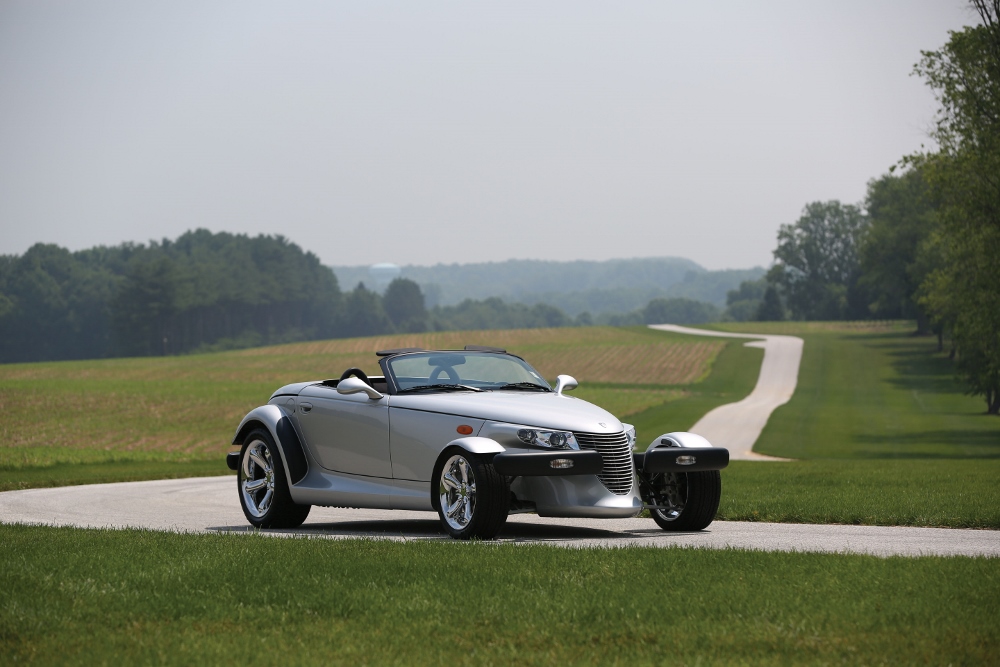 6. 1997–2002 Plymouth/Chrysler Prowler
6. 1997–2002 Plymouth/Chrysler Prowler
(2000 Plymouth Prowlers start at $32,000)
Once described as a car better to be photographed next to, there is no denying the standout looks of one of the first modern retro cars. Prowlers have been one of the hottest cars at auction over the last 12 months, with a 9% increase in the number offered, a 6% increase in average sale price, and a strong sell-through rate of 72% over the last 12 months.
 7. 1966–1977 Ford Bronco
7. 1966–1977 Ford Bronco
(1966 Ford Broncos start at $24,800)
Today’s SUV-dominated car culture continues to love the simple utilitarian look of the first generation Bronco. Coupled with excellent reliability and parts availability, the Bronco makes for an excellent first-time collector vehicle. Activity in the private market has been particularly strong for these stylish SUVs.
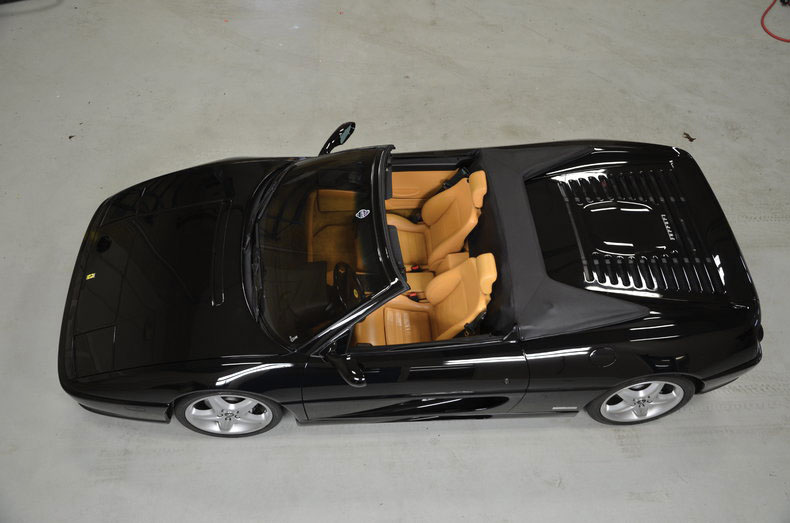 8. 1994–1999 Ferrari F355
8. 1994–1999 Ferrari F355
(1997 F355 Spiders start at $68,900)
A true performance car with a fantastic engine sound and great looks. F355 price gains have lagged other Ferrari models over the past five years, which has suddenly made them relative bargains. Hagerty Price Guide values have increased 39% over the last 12 months. The cost of ownership on these cars can be high, though. So make sure to scrutinize service records.
 9. 1970–1974 Dodge Challenger
9. 1970–1974 Dodge Challenger
(1970 Challengers start at $36,200)
Early ’70s Mopar muscle cars have had the biggest swings in values going back to 2006. After being impacted by the recession they have recovered nicely, and Dodge fans are back to searching out as many “1 of 1” variations as they can find. Challengers have been performing very well at recent auctions, with cars offered up 17% and average sale price up 41% over the last 12 months.
 10. 1968–1976 BMW 2002
10. 1968–1976 BMW 2002
(1974 2002 tii’s start at $26,800)
This iconic BMW remains very popular, especially on both coasts. Similar to the other German cars mentioned in this list, Hagerty Price Guide values have been especially strong for 2002s, with an 18% gain over the last 8 months.








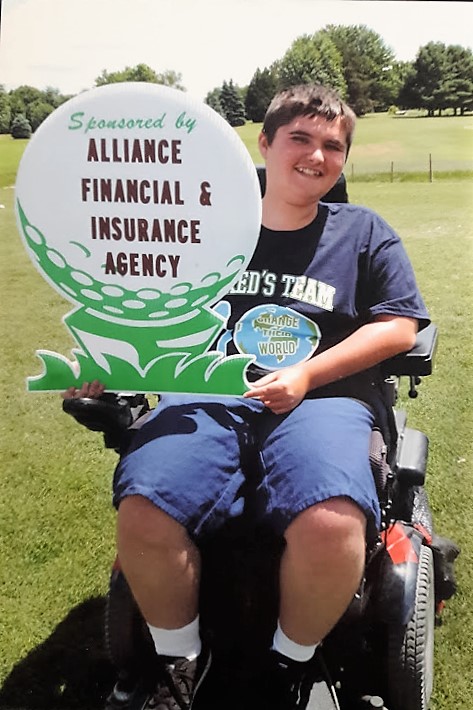
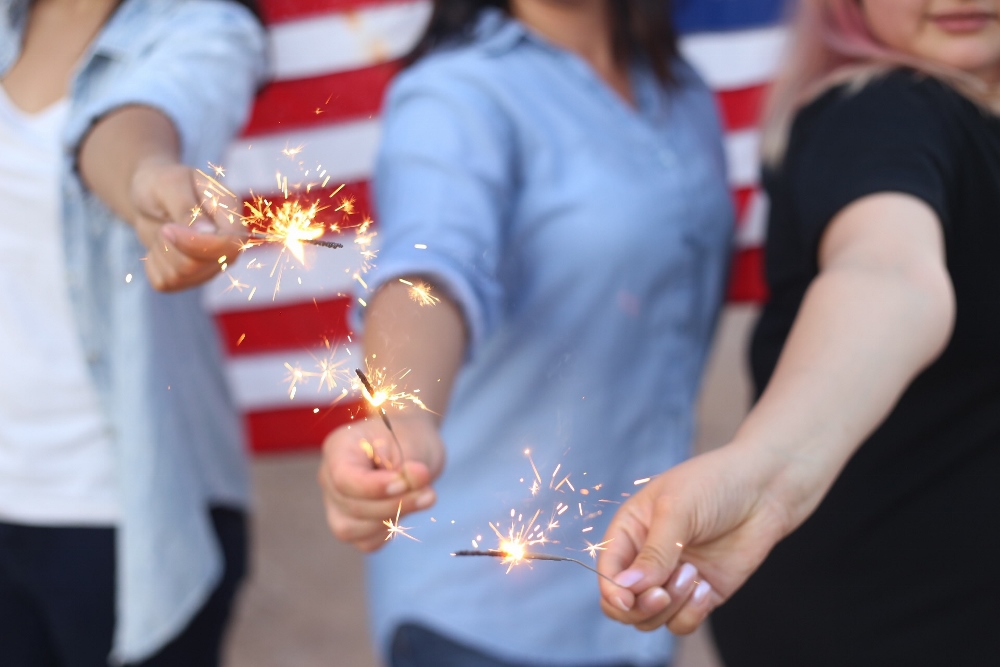 Happy Independence Day! The Fourth of July is a time for enjoying freedom, family, and (of course) fireworks! Your weekend might include grilling, swimming, boating, and a light show at the end of the day. But while all of the activities are summer favorites, each one has its unique safety hazards, especially when combined with drinking and blowing things up!
Happy Independence Day! The Fourth of July is a time for enjoying freedom, family, and (of course) fireworks! Your weekend might include grilling, swimming, boating, and a light show at the end of the day. But while all of the activities are summer favorites, each one has its unique safety hazards, especially when combined with drinking and blowing things up!
